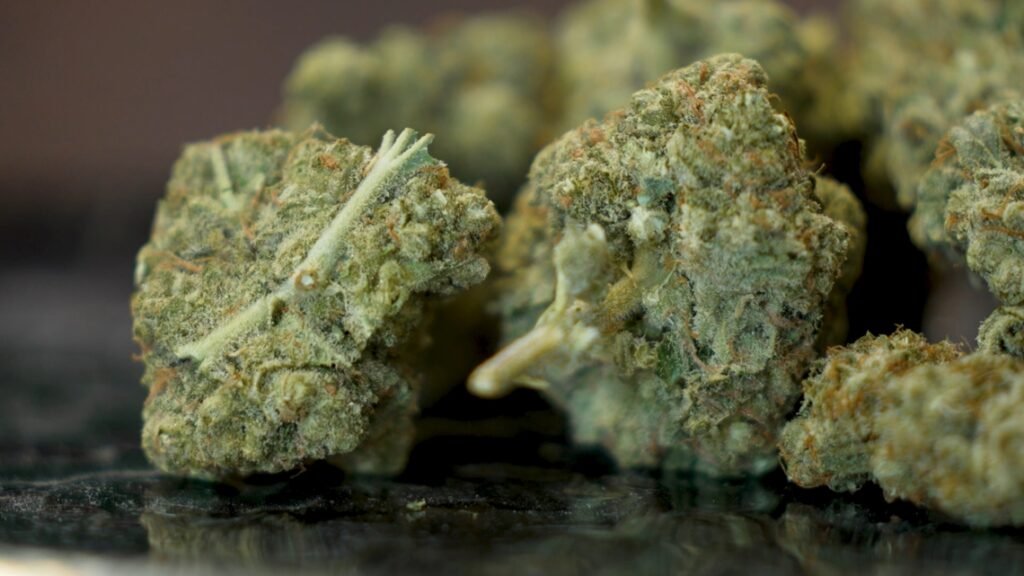Gov. Greg Abbott has not revealed what action he’ll take on Senate Bill 3, which bans products containing THC.
DENTON, Texas — Of all the issues debated during the 140-day legislative session that ended in early June, the proposed THC ban is the only one still creating drama and division two weeks later.
Senate Bill 3, passed in the final days of the session, would outlaw all consumable hemp-derived products containing any detectable amount of THC.
That includes edibles, beverages, and vapes that are currently being legally sold in Texas.
Abbott could side with Lt. Gov. Dan Patrick, who backed the ban, and sign SB 3 into law.
He could veto it — a move supported by veterans’ groups, small business owners, farmers and some conservatives who argue the ban is anti-business and an example of government overreach.
The third option: Abbott could take no action. In that case, the bill would become law without his signature.
At a news conference in Denton on Monday where Abbott signed three bills related to property tax relief, reporters pressed him on the future of SB 3.
“There are meaningful positions and concerns on both sides of the issue, and I’ll look into all of those and evaluate all of those,” Abbott said.
Holding up one of the property tax bills, he said, “I’ve got a thousand of these on my desk that I’ve got to get through. And I haven’t gotten to SB 3 yet.”
He has until Sunday, June 22, to get to it.
If he doesn’t veto the bill by then, it will automatically become law.
The proposed ban marks a dramatic policy shift from 2019, when the Legislature legalized hemp to help Texas farmers.
That move unintentionally opened the door to a new market for consumable THC products. The industry rapidly grew.
Estimates suggest it now supports roughly 50,000 jobs and contributes billions of dollars to the state’s economy.
Veterans who use low-dose THC products to manage PTSD and anxiety are among those urging the governor to veto the bill, arguing they offer a safer alternative to prescription medications.
But some parents and law enforcement agencies say the products are too accessible and pose a danger to Texans, especially teens.
